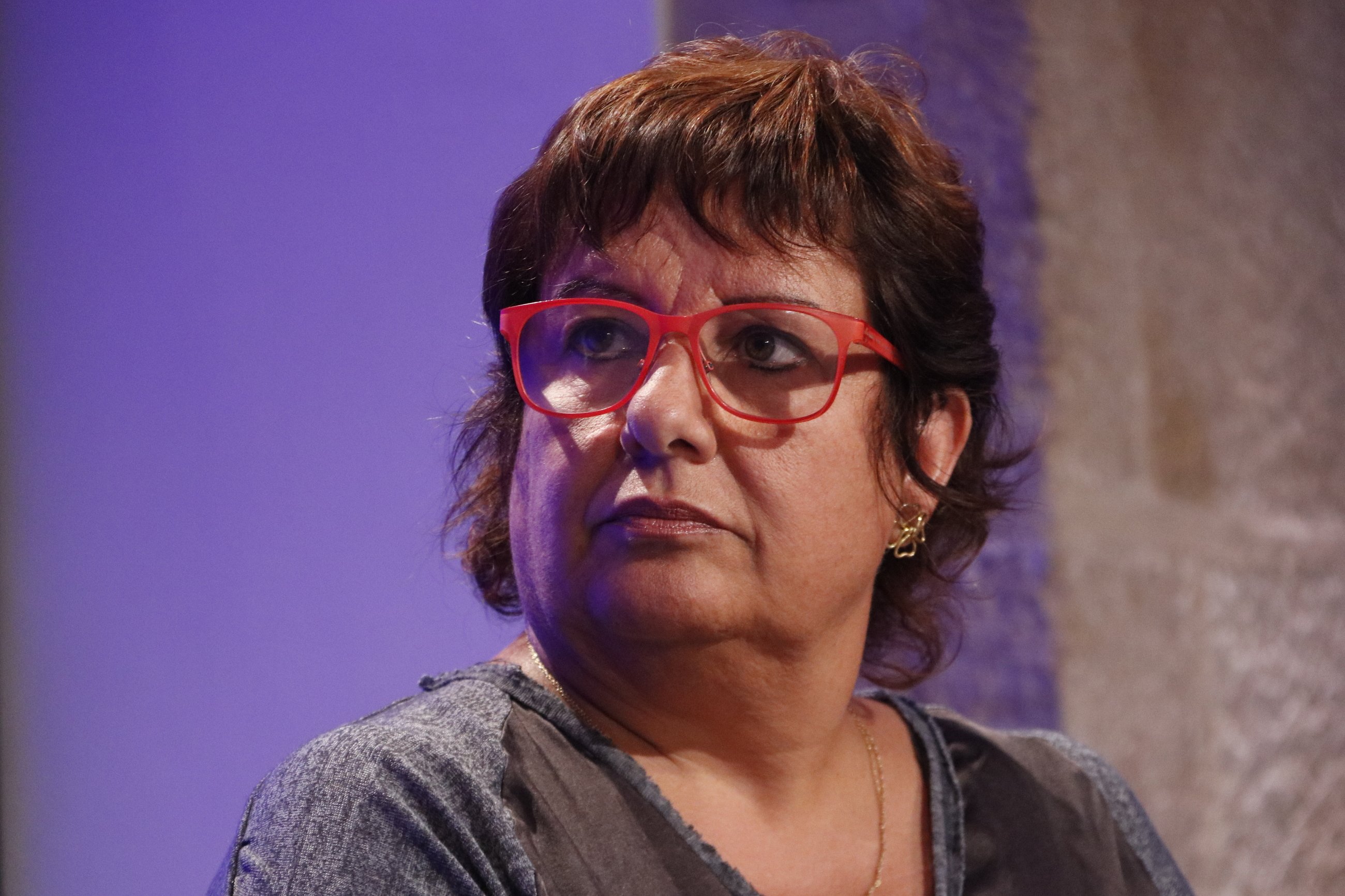The former Catalan work, social affairs and family minister Dolors Bassa, appeared in court on 18th April, a month after her indictment for rebellion when she'd been sent back into custody. At the very start of her testimony that day, she defended the "right to freedom of ideology, freedom of expression and political freedom including dissidence". Like many of her colleagues, she only replied to questions from her lawyer, Mariano Bergés.
The records from the case, which El Nacional has had access to in their entirety, show that the ministers changed strategy after their reimprisonment and the announcement of the charges. Bassa joined her colleagues in the shift to stronger rhetoric.
She completely denies the allegations of violence on the part of independence supporters and explicitly says that "never did we imagine that there could be police attacks on 1st October", the day of the referendum. "Always, all my statements and causes have been peaceful and in the framework of pacifism," she said.
Bassa explained that the referendum, which she said "was not a crime, nor is it a crime", was organised "as the result of a popular, democratic mandate" from the previous election to the Catalan Parliament. She highlighted the fact that a range of social bodies, including some which didn't support independence, supported voting on the question.
At the end of her testimony, she directly asks judge Llarena for release, noting that "committing the [alleged] crime again is impossible".

